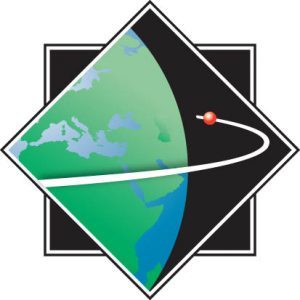Check out the following links for information to support you in creating your science fair project:
Top 10 Reasons to do a Science Project
- Learn a lot
- Make friends & contacts
- Have fun!
- Do real science
- It’s a great experience
- Develop skills like critical thinking, communication & time management
- Challenge yourself
- Win cash, trips, & scholarships
- Pursue your own ideas & interests
- Explore careers in science & engineering
Please note: You do not have to compete in a school science fair to enter this regional science fair. Any student in the region can and is encouraged to participate!
Step-by-Step Guide for a Virtual Project
In addition to creating a cardboard display board for your project, you will use the online platform ProjectBoard to organize and present your project to be viewed and judged virtually. You will start by creating an account on mySTEMspace that will give you a personal ProjectBoard workspace associated with FLASF, and you will be able to access the Youth Science Canada registration portal to register for FLASF though that account. Visit https://mystemspace.ca/create-account/ to create your account and view many helpful resources for students.
Here is a simple guide on what you need to do to have a successful science fair project and virtual project presentation:
- Pick your topic. This is possibly the most difficult part of the project! This process can start with a question such as “What would happen if…..” or “I wonder why ……” and then build your project from this. Check out the links on our getting started page for some references to help you with this step.
- Research your topic. Learn more from the internet, the library, your science teacher, and other resources.
- Check the science fair regulations on the getting started page. Pay particular attention to the Safety and Ethics sections in the project information section, because you may need to discuss your work with FLASF and/or your teacher BEFORE you start your project work.
- Make a time table and plan your experimental work.
- Carry out your experiment or innovation. Keep detailed notes of your experiments and measurements and track your data in a journal or log book.
- Analyze your results. Draw conclusions, and write up your results.
- Register for FLASF and be sure to do this before the deadline of March 3, 2024!
- Follow the Project Board directions to upload and give information on your project.
- See the schedule for dates and deadlines.
Judging and Awards:
- The deadline to complete your ProjectBoard display will be approximately a week before the in-person science fair takes place. Judges will be assigned to view your work in ProjectBoard before they meet up with you at the fair, so they will be familiar with what you have done when they arrive to judge your physical display. The judging interviews will be approximately 20 minutes in length, and will take the form of a conversation about the work you did, the results you obtained, and your ideas for further work on your topic. You will typically have 3 judging interviews during the judging period on Thursday night.
- There are also a number of special awards sponsored by local scientific partners for which you may qualify. Judges will pre-select projects that meet the criteria for these special awards and visit those projects on both Thursday night and Friday morning, so you may have additional interviews for one or more of these awards.
- The Awards Ceremony takes place on Friday afternoon in the auditorium (see the Schedule page). Parents and friends are welcome to attend the Awards Ceremony with you.
Contact Us:
If you have any questions about your project, ask the student coordinator at students<at>flasf.on.ca. For a complete list of FLASF contacts, see Contact Us
